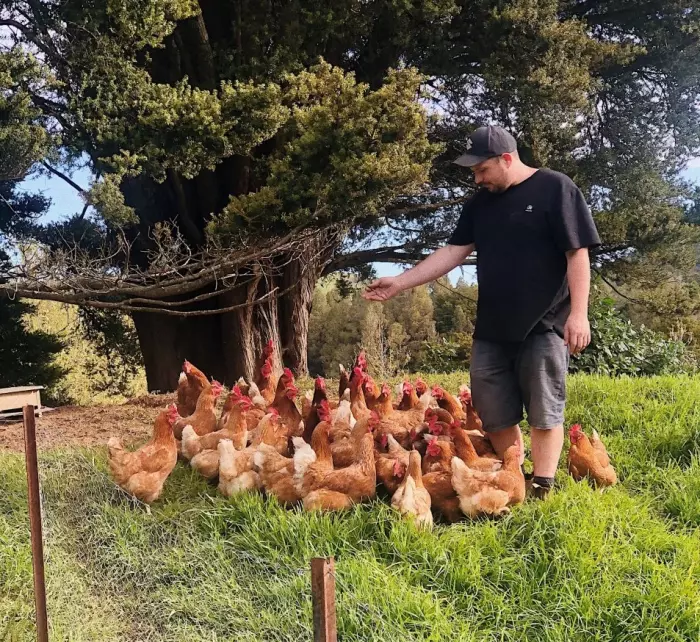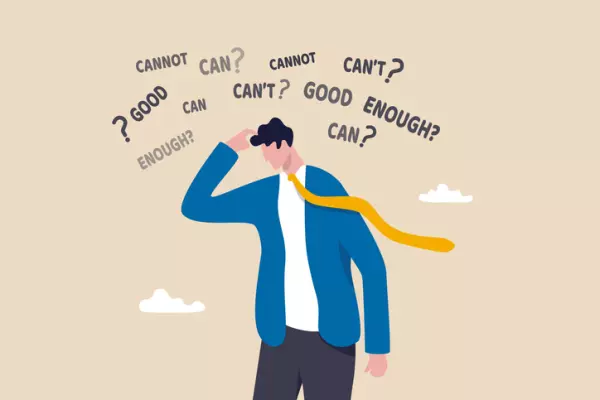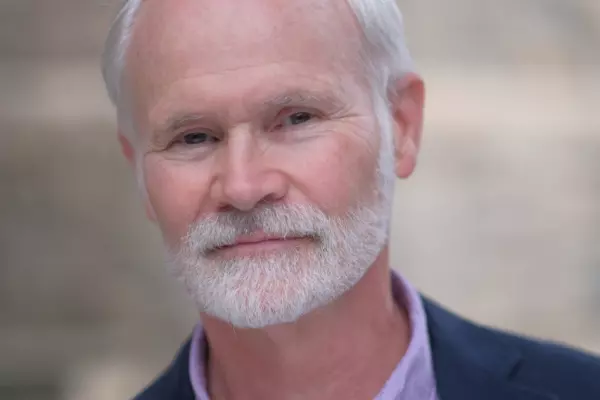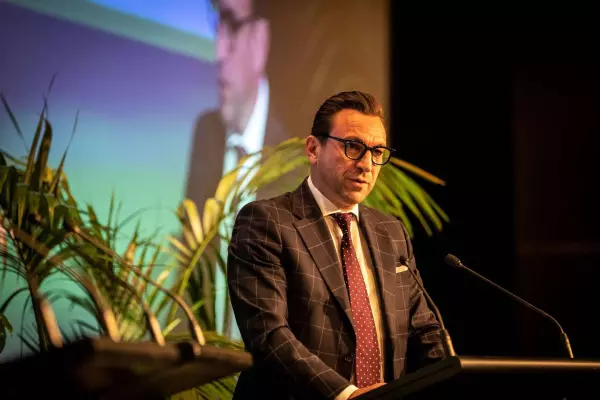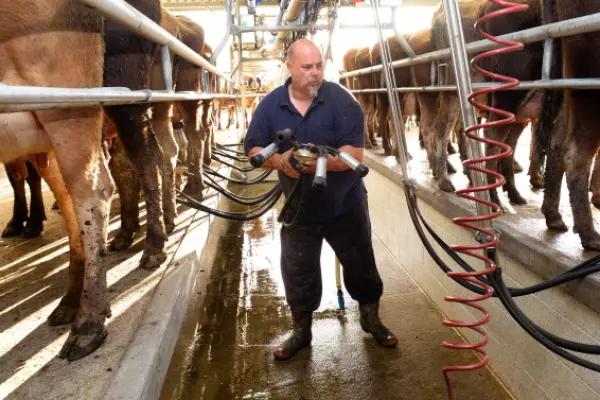There’s nothing like an existential threat to make you stop and think about things. Those five weeks New Zealand spent locked down at Alert Level 4 last year gave many people time to question decisions they had made years before and had never had a chance to reconsider.
“I think people have really rethought their careers,” says careers expert and consultant Russell Booth, who teaches at the Eastern Institute of Technology’s Hawke’s Bay campus in Napier. “Covid has been a magnifying glass that has highlighted a lot of cracks. It has made people concentrate on the things that matter. And one of the things it has made them look at is: how do I feel about my job?”
Many people felt just fine. Most of them celebrated the end of lockdown by scurrying back to the old normal ASAP. You only need to spend a couple of hours crawling along in Auckland peak-hour traffic to realise that. But for a goodly number, the big question posed by the pandemic was not “When will there be a vaccine?” but “Is that all there is?”
A new normal began to seem a possibility after workers were compelled to adapt to different structures. Four-day weeks, working from home – we know now these once-revolutionary ideas can work just as well as the five-day office grind.
People also learnt a whole lot of new things about themselves while working from home. They rediscovered long-overlooked aspects of their lives, such as the fact that their children were basically nice people and that they actually liked the person they married all those years ago and could bear to be in the same space as them around the clock.
This led some to wonder whether it would be possible to continue to enjoy family life and work at the same time when the lockdown was over. It was a question that had been around for several years under the heading “work-life balance”.
“Being at home touched the souls of people,” says Booth. “They realised what it was all about.” They knew they went to work to provide for their families; now they realised that this was actually taking them away from those families.
But some people had a Plan B, which covid prompted them to put into action. For a lot of them, Plan B was actually a Plan A – the thing they had wanted to do all along. Sadly, at the start of their working lives, they had been persuaded not to follow their youthful dreams but instead to opt for a safer option.
“Usually, this happens because someone significant, most often a parent, never encourages them,” says Booth. Then, as the years go by, other reasons not to change mount up: “They get worried because they have commitments.” Staying where they are and paying off that mortgage becomes the practical thing to do.
But covid taught people that nothing could be taken for granted.
Booth says many people rediscovered that what they really wanted was to have a sense of purpose. “What is meaningful work? What do I get out of it that means something? A lot of people have questioned themselves and asked, do I contribute to society in the way I want to? That comes up an awful lot.”
That observation is echoed by Jarrod Haar, professor of human resource management in Auckland University of Technology’s department of management. “It is important people are doing meaningful work,” he says. “It sounds a bit of a buzzword, and it is a term that people may not say consciously, but they express that their work isn’t meaningful and they are looking for other opportunities.”
In the future, Haar says, “organisations that offer meaningful work in meaningful ways will be the employers of choice who will attract and retain skilled workers”.
His research has shown that where firms are more supportive of people working from home, not only are workers less likely to leave, they have a better work-life balance as well.
Haar surveyed 1000 people between May and December last year and found that, although most did not plan to change jobs, for those who did, one of the fundamental drivers of turnover was job insecurity: “If I think my job is at risk, I’m likelier to go looking.”
“The interesting thing with that,” says Haar, “is that it doesn’t matter if you will genuinely lose your job. If you just think there’s going to be a restructure and you have transferable skills, you are more likely to go.”
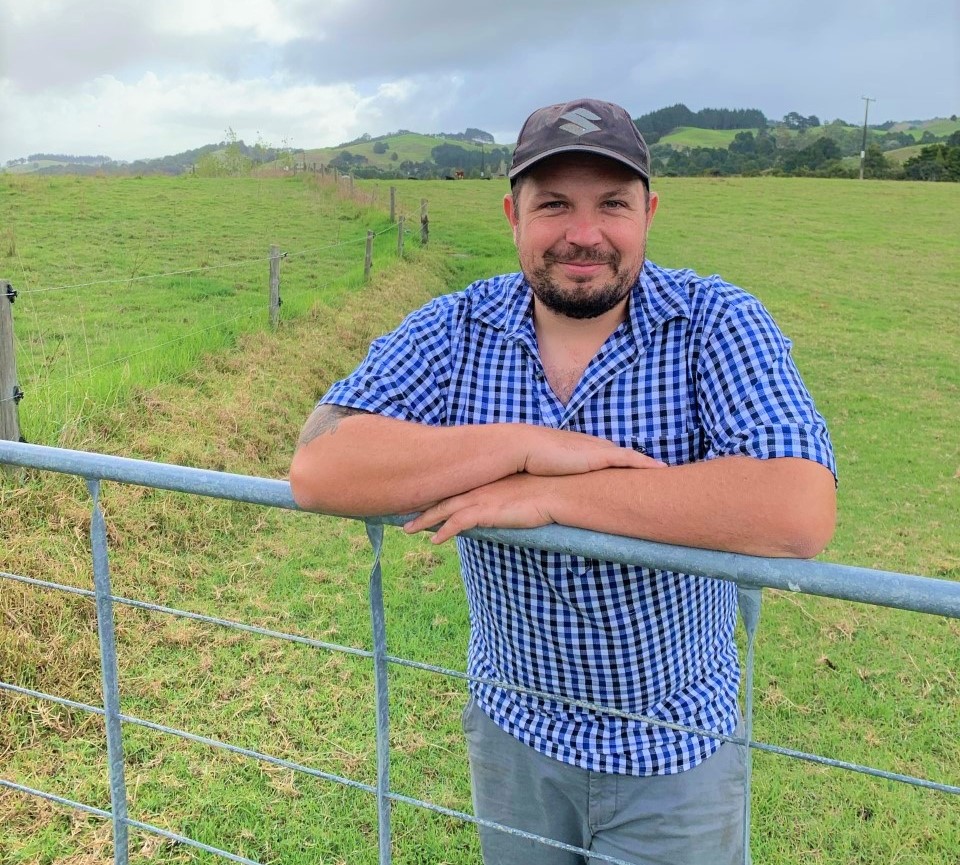 Sales executive turned farm manager James Birch.
Sales executive turned farm manager James Birch.
James Birch, 31, didn’t expect to go. Having moved back to New Zealand in 2019 after his OE in London, he was happily employed in Auckland as an international umbrella salesman expanding markets in Australia and Asia for his employer. He had no special plans for a rainy day.
“I was travelling mainly to Melbourne and Sydney once every month for a week or so at a time,” says Birch. “My whole career has been based around sales and business development. I liked the travel and the face-to-face contact. Looking back, I did it because I was able to and I was good at it. But I didn’t get the same sort of satisfaction as I do now.”
In Level 4 lockdown – unable to travel to Australia – he found his job changed dramatically. His company fits Haar’s profile of the ideal employer who adjusted to keep its staff happy – and therefore to keep its staff. “I couldn’t fault them,” says Birch. “They pivoted me to looking after distributors in Asia. I started seeing changes in my role, which were more Facetime and Zoom meetings.”
In the meantime, he and his wife, Brittany Eb, moved into her parents’ farm north of Auckland for the duration. Wide open spaces were a more comfortable option than staying in town, and he could still work remotely.
“On the weekends, I would go out and help on the farm. Or in the afternoon, if I finished early, I’d help on the farm. I started enjoying it more and more.”
Post-lockdown and back at work in Auckland, Birch found himself missing the farm. He talked to his wife and to her parents about the possibility of taking on a rural role. “They were looking at getting a farm manager within a year, so we talked more and more about me coming up and helping on the farm and diversifying. They have Angus beef at the moment but are looking at more sustainable options.”
So, from brollies to beef, Birch is now a farm manager. And he couldn’t be happier. “It was always in the background as a possibility for Brittany and me, but it was not an immediate plan. We had bought a house in Auckland but coming up to the farm regularly opened my eyes to the fact there is more to a good life than making money. You don’t make great money farming but I am a lot happier. It’s the best thing I’ve ever done.”
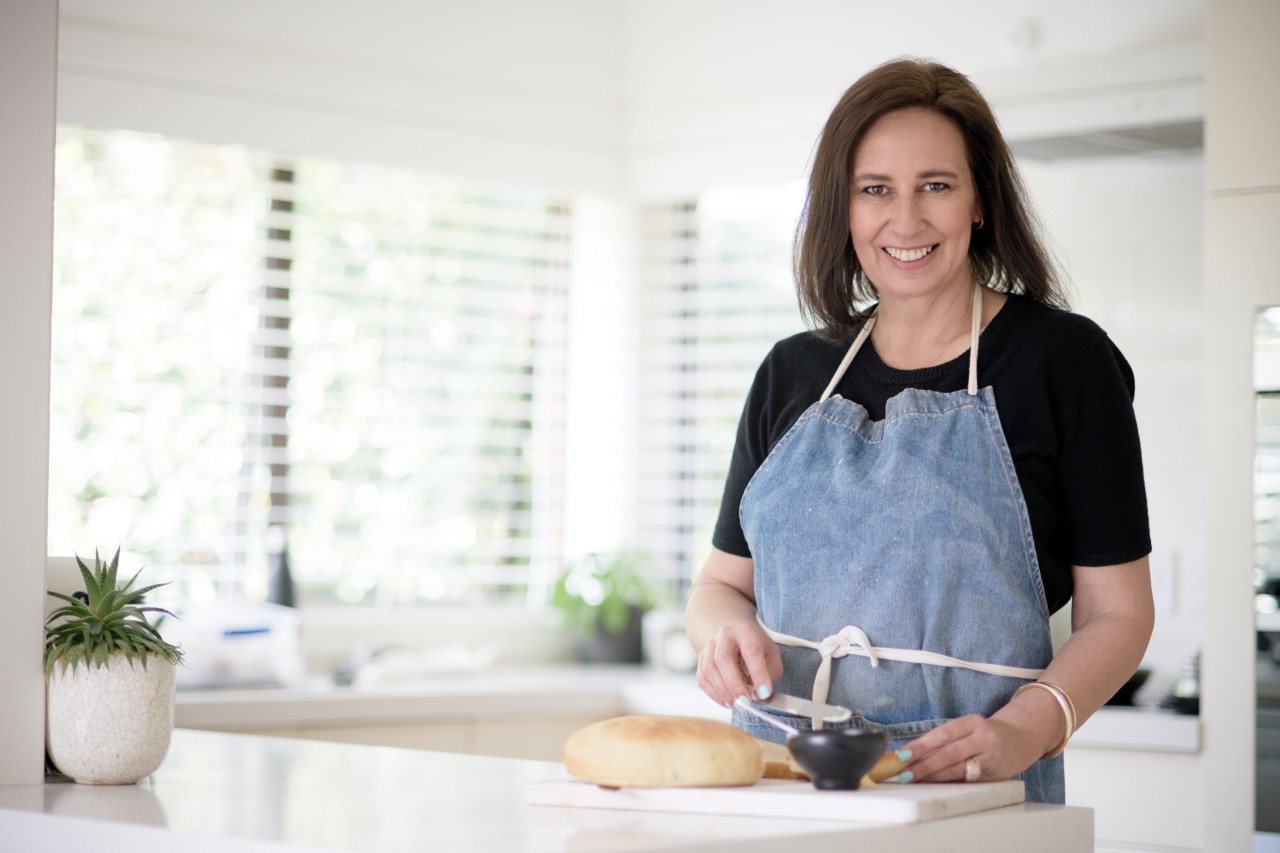 Food stylist Jane Rangiwahia. Photo: Davide Zerilli.
Food stylist Jane Rangiwahia. Photo: Davide Zerilli.
Jane Rangiwahia, 51, is a textbook case of the patterns described by Booth and Haar. She had a job she liked well enough but covid and the pause button of lockdown saw her have a rethink.
By day, she was executive co-ordinator at Ngā Pae o te Māramatanga, New Zealand’s Maori Centre of Research Excellence, hosted by the University of Auckland, a role that carried on remotely through Level 4. But for some time, she had also been doing freelance food styling and writing on the side for clients including magazines and newspapers.
“I was still doing the juggle I’d normally do,” says Rangiwahia. “But in the second week [of lockdown], we heard Bauer magazines had gone under, so some of my work went. The following week, I lost a column in the Herald on Sunday I ghost-wrote.”
Her main job kept her occupied, but one other thing changed: “I just became more and more happy working at home. I absolutely loved it. It made me think it was what I wanted to do. In my full-time job there would never be that opportunity unless we stayed in Level 4 forever.”
Ironically, Rangiwahia’s Plan B was the food-styling and writing work that had dried up. Plan A was still there if she wanted it. But when the food work began to pick up again, “I said to my husband, ‘I don’t know how I can juggle freelance and the fulltime job.’
“I had just landed a 10-day photo shoot for a book. I was becoming more and more unhappy going to the office. He said, ‘Take the plunge and do it.’ And I did, that day. I said it was effective immediately, and I’ve never been back to the office.”
What would her life be like now if covid hadn’t happened? “Maybe I would have been doing the same. Lockdowns really made me see what I was missing out on.”


